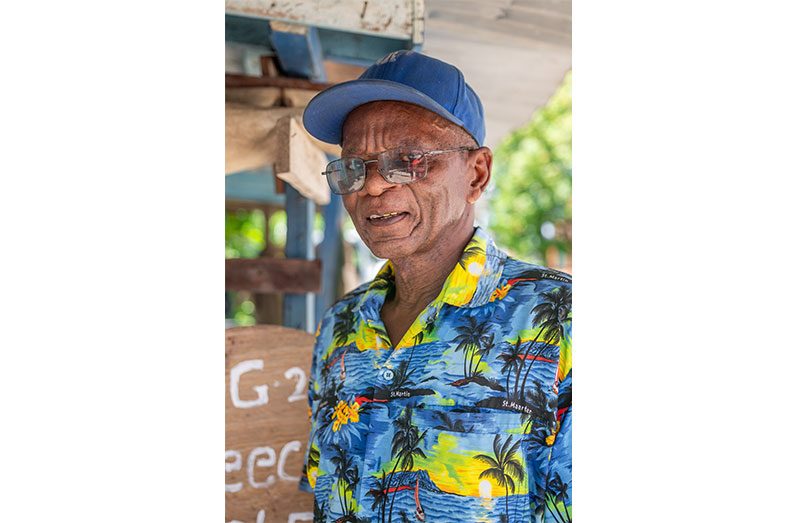–where tradition tends to run deep
By Shaniya Harding
VICTORIA is a place rich in history, people, culture and tradition. Located on the East Coast of Demerara, it is said to be one of the first communities bought by slaves after the abolition of slavery. The community was then named after Queen Victoria, who was ruling at the time. The importance of Victoria’s history is evident every day in every resident of the village.
The people of this community still retain older customs that seem ingrained in them now as a people. One of the qualities that have helped shape Victoria as a community is its people’s self sustainability, from a village of ex-slaves-turned-farmers to a thriving community with a plethora of diverse businesses. That concept of ‘By the people, for the people’ remains. The village has celebrated Emancipation through a joyous celebration annually; it is one of Victoria’s most celebrated occasions, and has been hosted by one family for more than 15 years.
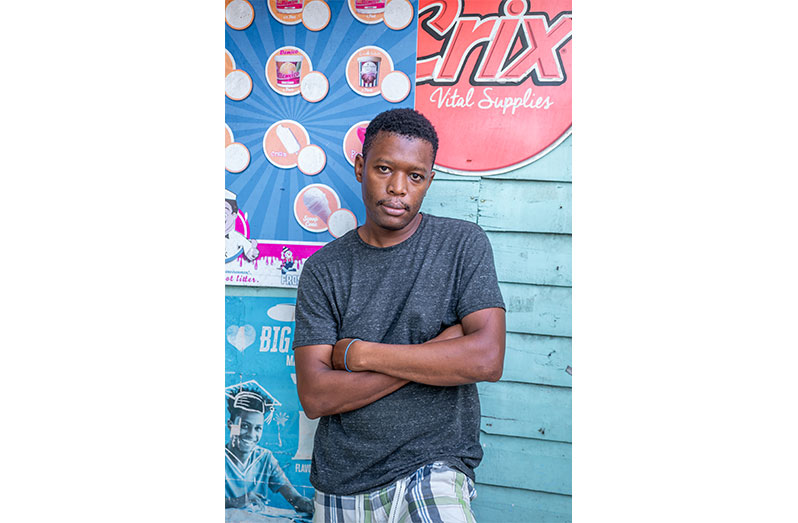
HISTORY
The word Emancipation is a recent term to many of the elderly folks. And although the name given to the day for the celebration of our African roots may have changed, the significance was never lost.
Annie Charles has lived her entire life in Victoria. She didn’t state her age, but assured me she has been there a long time. “I was born in Victoria. When I was a child, we used to celebrate something called Ghana Day. The people used to dress in African outfits, and we used to go out to the park and have a week of activities,” she stated. Ghana Day was the name originally given to the celebrations held by freed slaves who’d bought the village of Victoria.
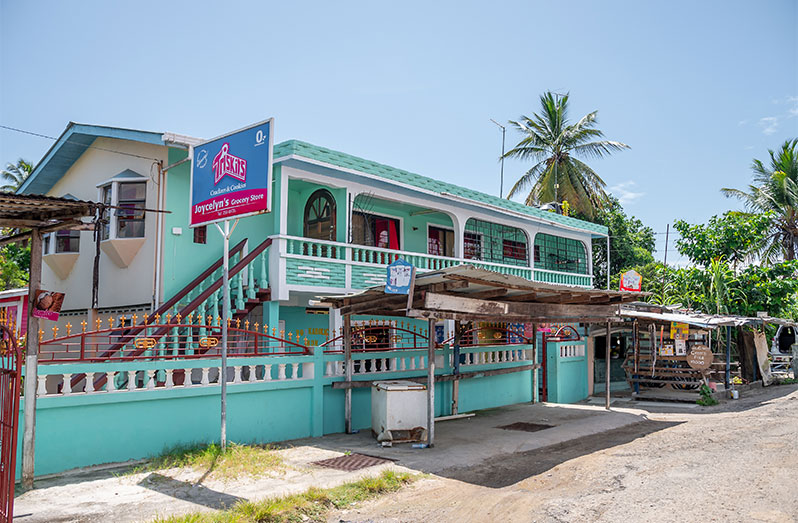
Annie went on to describe how different Ghana Day, or Emancipation, used to look. “They used to have a lot of animals. They used to have a lot of people selling fruits and vegetables; everything that was grown in Guyana. There was also a poultry exhibition.” The poultry exhibition, among other customs, was as a result of the village’s farming history.
“Then, at the end of the day, we would have a night of celebrations, where they would sing and dance. And they would have storytelling, skits and plays,” Annie recalled. This is still practised today in many other places around Guyana at Emancipation time. Although it may not be in the same way that their ancestors did, the people of Victoria carry on most of the same practices.
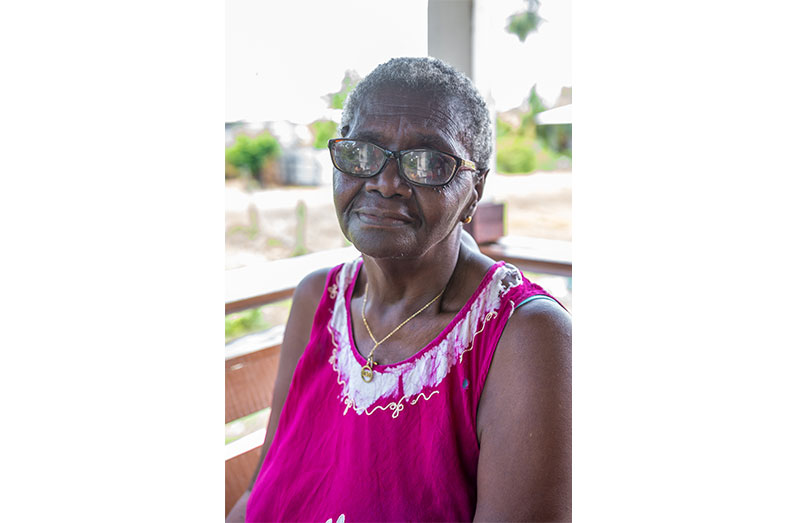
In recounting the history of Victoria, Annie shared the story that she and every other child in Victoria would have heard, saying, “I only know what I was told. They said it was 83 slaves who pooled their money in a wheelbarrow. They sang while they walked to Georgetown.” This is a story that is as important to Guyana as any other. And perhaps as important to the country as Emancipation is to Victoria.
GIVING BACK
To be referred to as a beacon in the community is a title not easily earned. But Stanley Charles is considered by many to play an important role in Victoria and the celebration of Emancipation within the village.
Stanley, who is originally from Ann’s Grove, has lived in Victoria for 41 years. And he says that his love for the people and the community have led him to continuously host the Village’s emancipation celebrations, and keep the tradition alive. “The people of Victoria are appreciative and respectful. And that’s one of the things that has kept me here so long; the people,” he said.
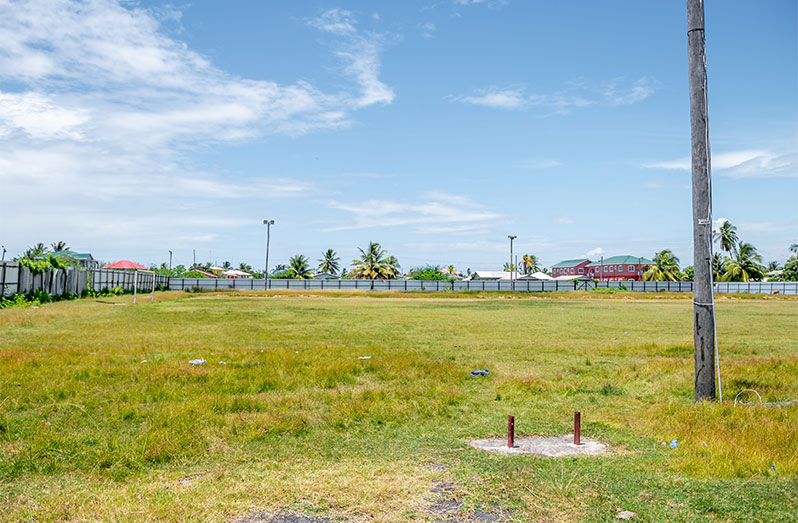
The beginning of the celebration that has become a tradition was by no means intentional. “I started the event about 15 years ago, because August 1st is my birthday, and we just used to sit on the corner and cook. And I was encouraged by my friends; and that’s how we got the greasy pole and the races and so on,” Stanley said.
And thus, over the years, Stanley, his wife, Joycelyn, and their children have carried on the tradition that their neighbours have come to look forward to. “It always has a massive crowd, and people look forward to the celebration,” he explained, adding: “Emancipation and the celebrations never remain the same. Every year is something different; something new.”
Similar to what Emancipation was like in the past, the event begins long before August 1, and carries on long after. Stanley has already begun the celebratory mood a week in advance, beginning with the children. “This weekend, I shared things with the children,” he said, adding: “I treat them to sweeties and ice cream and so on. We always start with the young ones.”
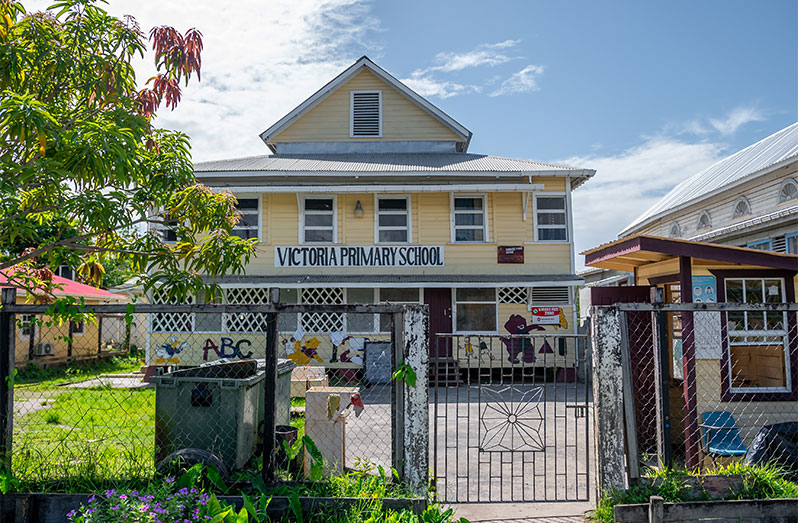
Emancipation for villagers like Stanley is more than a holiday. “Emancipation means a great lot to my family and I,” he said. “And what I’ve observed is that at this time, the more I give to the people, the more I get back.” This culture of giving back is one of the guiding principles on which Victoria was built. And it is perhaps one of the reasons Stanley says he will never stop doing what he does.
As he stated, “I had planned to stop, but it is something that everyone is looking forward to.”
The whole point of a cultural event of any kind is to preserve; to keep culture, customs and traditions intact for the next generation, and it would seem as though the villagers of Victoria are doing just that.
“Emancipation is something that we met since we were born, and it’s important that we keep it alive,” Stanley said.
CULTURE, YOUTH AND THE FUTURE
The annual ‘Free Up’ is the name given to the event hosted by the Charles family in recent years. Javon Charles is the son of Stanley Charles, and is just one of the young people trying to keep the tradition of Emancipation alive.
The ‘Free-Up’, as it is called, is rightfully named, as it is an event that is free to enter. Javon explained that this year’s Emancipation celebration, as with every other year, is slated to have a number of competitions, with everything from races and games to music and competitions. The Victoria Emancipation Day is more than an event; it is a celebration of history.
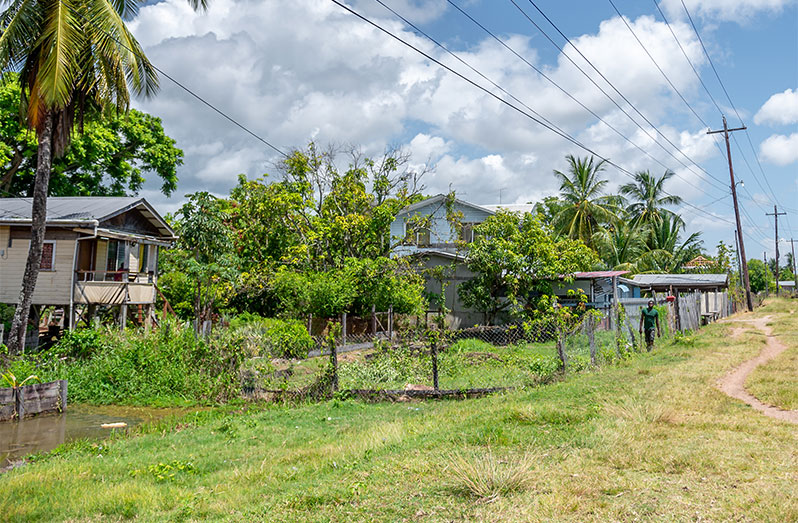
“We give away a lot of prizes. We start in the mornings with children; we give away some consolation prizes. Then we have tug-o-war, and the prize for that is $10,000,” Javon said. Every prize is provided by the Charles Family.
One of the most anticipated competitions is the Best Dressed Competition. This is where the women of Victoria come out on Emancipation Day, dressed in their best African wear. “We also have a competition for the best African-dressed female. For that, we have a lot of prizes,” Javon stated. Whether it is being celebrated with the sound of drums, and or with music from stereos and showcasing clothes, Emancipation is vital to the people of Victoria. “Emancipation is our holiday as Africans and as Victorians,” Javon declared.


.jpg)





